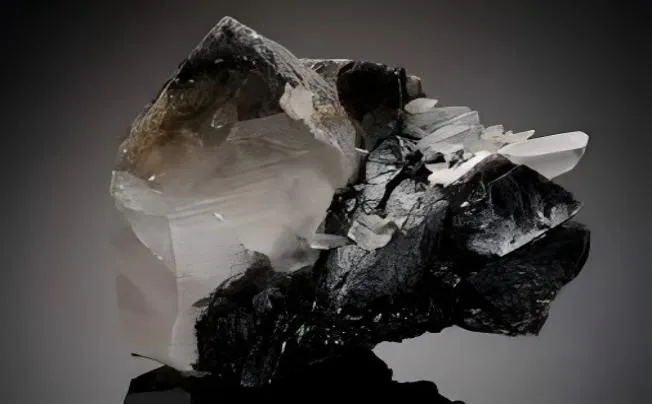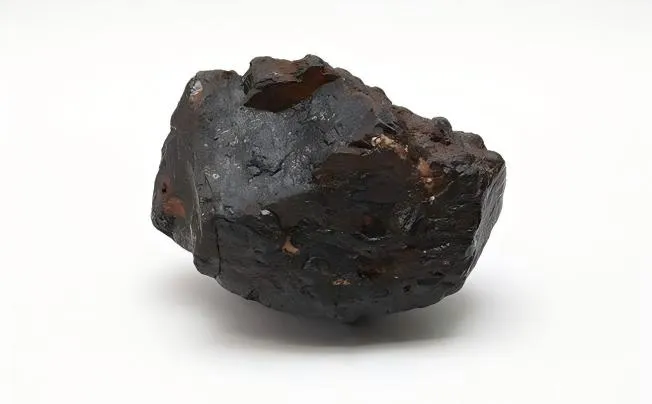Petroleum coke, often referred to simply as petcoke, is a carbon-rich solid that emerges as a byproduct during the process of oil refining. It is derived from the thermal cracking of petroleum crude oil and is primarily composed of carbon, with varying levels of sulfur and other impurities. This material has gained significant attention due to its unique properties and versatile applications across multiple industries.
The Geopolitics of Petroleum Coke Production
The petroleum coke market operates within a complex framework shaped by global demand and supply dynamics that vary regionally across continents. North America remains one of the key hubs for producing petroleum coke owing to well-established refining capacities concentrated mainly along U.S. coastal regions such as Louisiana and Texas. In addition to North America, countries like China and India are rapidly expanding their production capabilities driven by booming industrial sectors requiring copious amounts of energy sources including petcoke.
Factors influencing demand are intrinsically linked to industrial growth patterns worldwide along with escalating energy needs propelled by urbanization and infrastructure development initiatives in emerging economies. As nations strive towards technological advancement alongside modernization efforts—and subsequently higher consumption rates—the importance placed on reliable sources such as petroleum coke cannot be overstated.
These factors will invariably shape future consumption forecasts within critical markets. Crucially important within this narrative is distinguishing between types of petroleum coke: green coke versus calcined coke.
Green coke emerges directly from refining processes without any subsequent treatment while calcined coke undergoes additional thermal treatment rendering it purer with enhanced properties suited for specific applications like aluminum smelting or specialized chemical feedstock roles. Understanding these distinctions allows companies to align their products strategically based on evolving market demands while optimizing resource utilization effectively.
Understanding Petroleum Coke Manufacturing Process
Extraction and Refining of Crude Oil
The journey of petroleum coke begins with the extraction and refining of crude oil, a process that involves locating oil reservoirs, drilling wells, and bringing the crude oil to the surface. Once extracted, the crude oil undergoes a complex refining process to separate it into various components such as gasoline, diesel, jet fuel, and other petroleum products. This refining stage is crucial in determining the quality and composition of the resulting petroleum coke.
Conversion of Residual Oil into Petroleum Coke through the Coking Process
After the initial refining process, residual oils with higher carbon content are further processed through a specialized technique known as coking. During cooking, these heavy residual oils are heated at high temperatures in the absence of oxygen to break down complex hydrocarbons into lighter molecules.
This results in the formation of a solid carbonaceous material known as petroleum coke. The coking process plays a vital role in transforming low-value refinery by-products into valuable commodities used in various industrial applications.
Quality Control Measures in Petroleum Coke Production
Maintaining stringent quality control measures is paramount in ensuring that petroleum coke meets industry standards and specifications. Quality control procedures encompass monitoring key parameters such as sulfur content, volatile matter content, calorific value, and particle size distribution throughout the production process.
Advanced analytical techniques and laboratory testing are employed to assess the physical and chemical properties of petroleum coke samples to guarantee consistency and reliability for end-users. By adhering to rigorous quality control practices, manufacturers can deliver high-quality petroleum coke products that meet customer requirements across diverse sectors.
Demand and Consumption Trends Worldwide
The global demand for petroleum coke has witnessed a steady rise over the past decade, driven primarily by the growing consumption in industries such as cement, power generation, aluminum smelting, and steel production. Emerging economies like China and India have emerged as key consumers of petroleum coke due to their rapid industrialization and infrastructure development projects.
The increasing trend towards urbanization and modernization has further fueled the demand for petroleum coke as a cost-effective fuel alternative. Moreover, the versatility of petroleum coke as an essential raw material for various manufacturing processes has also contributed to its surging demand on a global scale.
Case Study
Company History and Evolution in the Petroleum Coke Industry
The largest manufacturer of petroleum coke has a rich and storied history that intertwines with the evolution of the petroleum industry. Founded several decades ago, this company initially ventured into the oil refining business and gradually expanded its operations to encompass the production of petroleum coke.
Through strategic acquisitions and mergers, it solidified its position as a key player in the global petrochemical landscape. Its unwavering commitment to excellence and innovation has propelled it to the forefront of petroleum coke manufacturing, garnering a reputation for reliability, quality, and technological prowess.
Technological Innovations and Sustainability Initiatives
At the heart of its success lies a relentless pursuit of technological advancements and sustainable practices. The largest manufacturer has consistently invested in cutting-edge technologies to optimize its production processes, enhance product quality, and minimize environmental impact. From state-of-the-art coking facilities to advanced emission control systems, this company stands as a paragon of innovation in the realm of petrochemical manufacturing.
Furthermore, it has taken proactive measures to integrate sustainability into its operations, embracing renewable energy sources, implementing waste reduction strategies, and championing responsible resource utilization. By prioritizing eco-friendly initiatives without compromising productivity, it sets an inspiring example for others in the industry.







